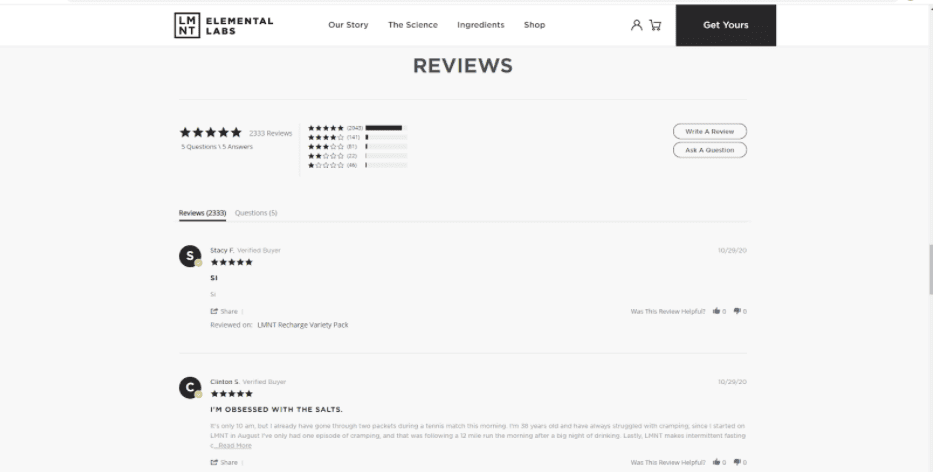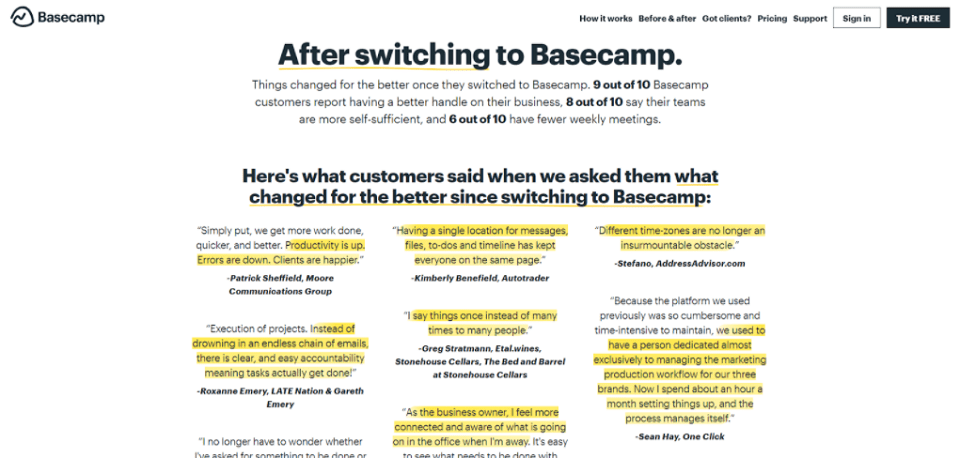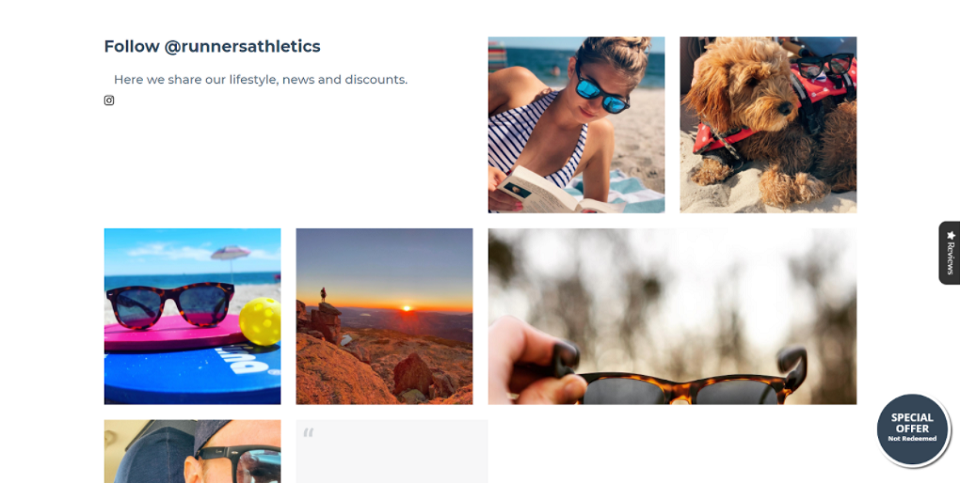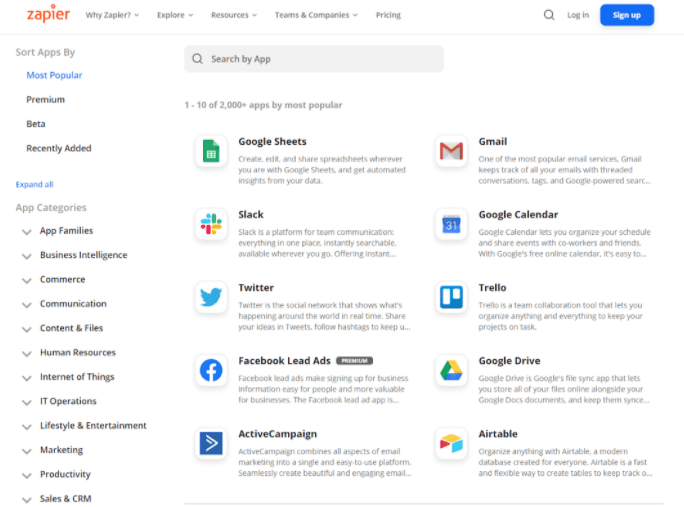Social proof is one of the many ways to increase brand trust and boost conversions.
You’ll absolutely need it to help you establish a better connection between your brand and your target audience, especially if you’re running an ecommerce business.
Social proof comes in many shapes. Many business owners find it tricky to figure out how they can use it to their own advantage.
To help you out, we’ve rounded up some effective methods you can use to build conversion-boosting social proof.
Rely on Customer Reviews
Customer reviews are one of the most straightforward ways to capitalize on social proof.
Most users look at reviews and consider them to be both honest and reliable. This is the type of feedback that can serve as direct testimony to the quality of your brand.
LMNT has over two thousand reviews at the bottom of their product page. They serve as a fantastic example of how to use customer reviews to boost conversions.
They use the same section to reply to questions, which is yet another excellent way to communicate with their customers.

Image source: drinklmnt.com
Use Testimonials
Testimonials are best described as a blurb from a satisfied customer.
They are also considered highly trustworthy, provided that the customer whose testimonial you are using actually exists.
If you choose the right testimonials, they can be a valuable asset when added together.
Khan Academy does this really well with a moving testimonial on their home page.
Make sure you consider your target audience when choosing the testimonials you want to display. Look for ones that match their interests, pain points, and voice.

Image source: khanacademy.org
Turn to Expert Reviews
Expert reviews can add another layer of credibility to your brand, especially if the expert in question is someone widely known to your target audience.
Just think of all those brands using celebrities in their ads.
Scoring an expert endorsement can be very difficult, but you can also consider your customers to be experts, provided they have reached a certain level of success.
Here is an example from Basecamp, which highlights the experiences of some of their users.
Not all of them are major brands, but considering that they all run projects and companies of various sizes, their words can be taken as expertise.

Image source: basecamp.com
Work with a Celebrity to Endorse You
Speaking of celebrity endorsements, if you can work with someone who is well-known in your industry or to the general public, you can achieve the same effect, but on a much larger scale.
Remember the time Priceline teamed up with William Shatner?
You don’t have to spend the same staggering amount, but the same principle applies – get someone famous to endorse your products.
Take Advantage of the Power of Social Media
We can’t overlook the prime source of organic social proof: social media.
People love to share their experiences with brands on social media.
They also like to tag the brands they are wearing or using in the images they post (especially true of Instagram). If you can tap into some of that user-generated content, you’ll find it much easier to establish social proof for your own brand.
If you want even more opportunities to be reposted, try using specific and popular hashtags to help them find you easier.
Runners Athletics, for example, features plenty of IG images on their homepage, which are contributed by their users and followers.
These users provide organic content showcasing their products in action, in real life.

Image source: runnersathletics.com
Leverage Platform Integrations
Software as a Service (SaaS) tools can benefit greatly by showcasing their integrations, often listing some major brands in their social proof section.
Even if you don’t offer any major integrations (or if a major tool has not integrated with you just yet), you can still boost trust by displaying all the tools that do integrate well with your own platform.
Zapier is a prime example of this kind of social proof – and their integrations are numerous as well as quite famous.

Image source: zapier.com
Success stories showcase satisfied customers who have used your product or service to achieve their specific goals.
It’s an excellent way to offer real-life examples of what your product or service can do.
By designating a separate page for these stories, you’ll compile them in an unobtrusive manner and allow visitors to browse at their leisure.
Shopify does this very nicely, providing plenty of small brands with some exposure on their website.
That’s how they help spread the word and promote their user base, but also exemplify just what they enable users to achieve.

Image source: shopify.com
Get Featured in Noteworthy Publications
If you can get a major name in the news industry to mention you or even to do a little blurb, you will increase your brand trust manifold.
That’s especially if the publication in question is a household name and your visitors are likely to have heard of it.
Zoma, for example, has an In The News section that highlights some of the news coverage they have attracted over the years.
This is where you’ll find concise, digestible testimonials about the quality of their products.

Image source: zomasleep.com
Other Tips to Keep In Mind
And now for some more general tips about the best ways to use social proof on your pages:
Always Show Real People
If you use stock images and stock names, or if you come up with fake users who have left fake reviews, your visitors will be able to spot the lack of authenticity.
Always use real images of real, actual humans who have had an experience with your brand.
Preferably, you want to use the words of people who can be found on social media, just so that the more thorough among your leads can verify their existence.
To demonstrate your brand’s worth and value, you want to share as many real stories and examples as possible.
If someone has done something amazing with your product or brand (for example, a customer did a coast-to-coast road trip in one of your cars), you want to tell their story.
Marketing works best when it is able to evoke real emotions.
Consider the emotions you want your users to associate with your brand (happiness, calm, a sense of security, and so on). Tell your customers’ stories that align with this desired effect.
Invoke a Sense of Urgency or Scarcity
The fear of missing out is a powerful marketing tool, and invoking it can help you maximize conversions.
When you highlight the fact that an offer is about to expire or that there are just a few items left in stock, and immediately back up your value with clever examples of social proof, your visitors will be much more likely to convert.
They, too, will want to become a part of the group of satisfied users who have left such nice reviews.
Conclusion
Using social proof insightfully on your pages can help not only establish trust but also boost conversions and highlight your best qualities.
Use it intelligently and with care, and you can expect to see some amazing results.
All images taken as screenshots of actual messaging and marketing efforts by the companies referenced.
Disclaimer: The views and opinions stated in this post are that of the author, and Return On Now may or may not agree with any or all of the commentary.
This guest post brought to you courtesy of Return On Now, Professional Austin SEO and PPC Services Company.
Travis Jamison
Latest posts by Travis Jamison (see all)
- Ecommerce Copywriting Tactics: How Language Differentiates Your Brand - July 21, 2023
- 6 Simple Ways to Differentiate Your Brand on Social Media - December 6, 2022
- Anatomy of a High-Converting SaaS Pricing Page - August 16, 2022




